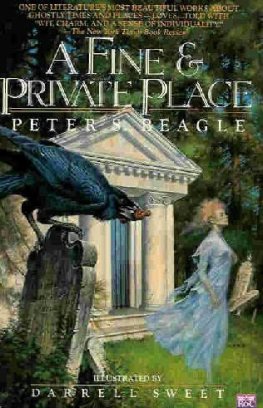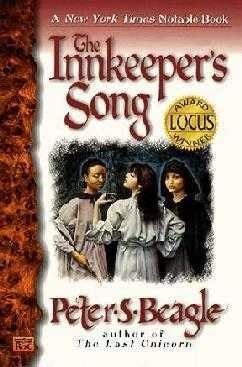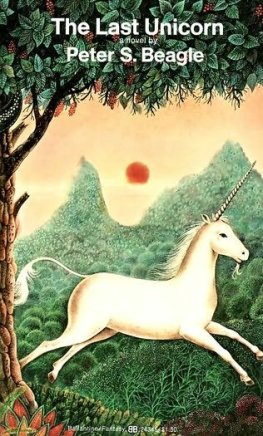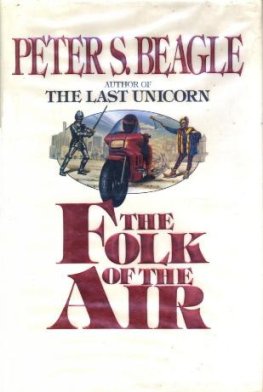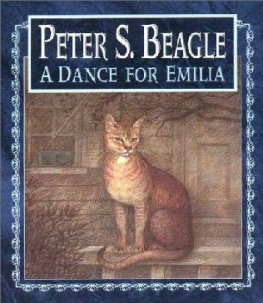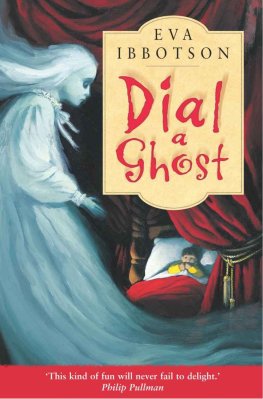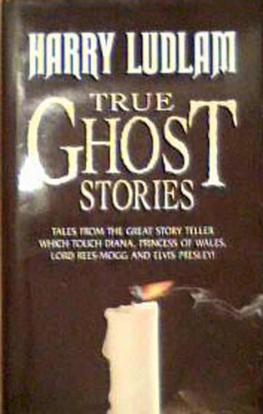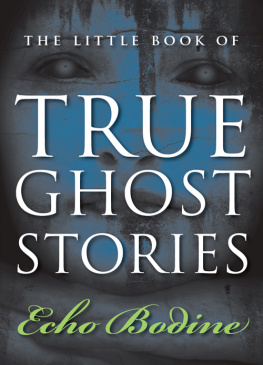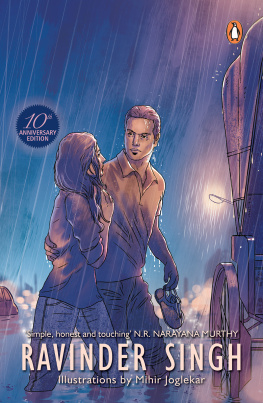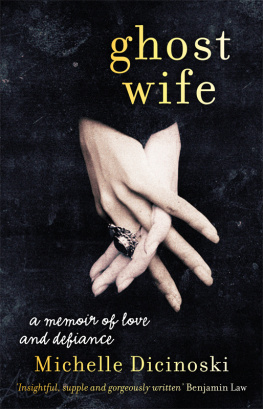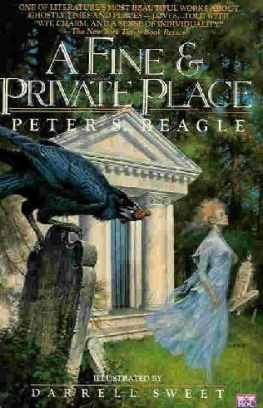
A Fine and Private Place
Peter S. Beagle
This first one
for my parents, Simon and Rebecca,
and for my brother Daniel,
and, as it must be,
for Edwin Peterson
The grave's a fine and private place,
But none, I think, do there embrace.
-Andrew Marvell
"To His Coy Mistress"
The baloney weighed the raven down, and the shopkeeper almost caught him as he whisked out the delicatessen door. Frantically he beat his wings to gain altitude, looking like a small black electric fan. An updraft caught him and threw him into the sky. He circled twice, to get his bearings, and began to fly north.
Below, the shopkeeper stood with his hands on his hips, looking up at the diminishing cinder in the sky. Presently he shrugged and went back into his delicatessen. He was not without philosophy, this shopkeeper, and he knew that if a raven comes into your delicatessen and steals a whole baloney it is either an act of God or it isn't, and in either case there isn't very much you can do about it.
The raven flew lazily over New York, letting the early sun warm his feathers. A water truck waddled along Jerome Avenue, leaving the street dark and glittering behind it. A few taxicabs cruised around Fordham like well-fed sharks. Two couples came out of the subway and walked slowly, the girls leaning against the men. The raven flew on.
It had been a hot night, and the raven saw people waking on the roofs of the city. The gray rats that come out just before dawn were all back in their cellars because the cats were out, stepping along the curbs. The morning pigeons had scattered to the rooftops and window ledges when the cats came, which the raven thought was a pity. He could have done with a few less pigeons.
The usual early fog was over Yorkchester, and the raven dropped under it. Yorkchester had been built largely by an insurance company, and it looked like one pink brick building reflected in a hundred mirrors. The houses of Yorkchester were all fourteen stories tall, and they all had stucco sailors playing accordions over the front entrances. The rear entrances all had sailors playing mandolins. The sailors were all left-handed, and they had stucco pom-poms on their hats. There was a shopping center, and there were three movie theaters, and there was a small square park.
There was also a cemetery, and it was over this that the raven swooped. It was a very large cemetery, about half the size of Central Park, and thick with trees. It was laid out carefully, with winding streets named Fairview Avenue, and Central Avenue, and Oakland Avenue, and Larch Street, and Chestnut Street, and Elm Street. One street led to the Italian section of the cemetery, another to the German section, a third to the Polish, and so on, for the Yorkchester Cemetery was nonsectarian but nervous.
The raven had come in the back way, and so he flew down Central Avenue, holding the baloney in his claws. The stretch of more or less simple headstones gradually began to give way to Old Rugged Crosses; the crosses in turn gave way to angels, the angels to weeping angels, and these finally to mausoleums. They reared like icy watchdogs over the family plots and said, "Look! Something of importance has left the world," to one another. They were aggressively Greek, with white marble pillars and domed roofs. They might not have looked Greek to a Greek, but they looked Greek to Yorkchester.
One mausoleum was set away from the others by a short path. It was an old building, not as big as some of the others, nor as white. Its pillars were cracked and chipped at their bases, and the glass was gone from one of the barred grates over the front door. But the two heavy door-rings were held in the mouths of two lions, and if you looked through the window in front you could see the stained-glass angel on the back wall.
The front door itself was open, and on the steps there sat a small man in slippers. He waved at the raven as the bird swept down, and said, "Good morning, good morning," as he landed in front of him. The raven dropped the baloney, and the small man reached forward eagerly and picked it up. "A whole baloney!" he said. "Thank you very much."
The raven was puffing for breath a little and he looked at the small man rather bitterly. "Corn flakes weren't good enough," he said hoarsely. "Bernard Baruch eats corn flakes, but you have to have baloney."
"Did you have trouble bringing it?" asked the small man, whose name was Jonathan Rebeck.
"Damn near ruptured myself." The raven grunted.
"Birds don't get ruptured," said Mr. Rebeck a little uncertainly.
"Hell of an ornithologist you'd make."
Mr. Rebeck began to eat the baloney. "Delicious," he said presently. "Very tender. Won't you have some?"
"Don't mind," said the raven. He accepted a piece of baloney from Mr. Rebeck's fingers.
"Is it nice out?" Mr. Rebeck asked after a moment.
"Nice," the raven said. "Blue sky, shining sun. The world stinks with summer."
Mr. Rebeck smiled a little. "Don't you like summer?"
The raven lifted his wings slightly. "Why should I? It's all right."
"I like summer," Mr. Rebeck said. He took a bite of his baloney and said with his mouth full, "It's the only season you can taste when you breathe."
"Jesus," the raven said. "Not so early in the morning. Incidentally, you better get rid of all those old paper bags. I can see them from outside."
"I'll drop them in the wastebasket in the men's room," Mr. Rebeck said.
"No you won't. I'll fly them out. People start wondering, you know. They see paper bags in a cemetery, they don't think the Girl Scouts are having a picnic. Besides, you hang around there too much. They're going to start remembering you."
"I like it," Mr. Rebeck said. "I'm very fond of that lavatory. I wash my clothes there." He locked his hands around his knees. "You know, people say the world is run by materialists and machines. It isn't, though. New York isn't, anyway. A city that would put a men's room in a cemetery is a city of poets." He liked the phrase. "A city of poets," he said again.
"It's for the children," the raven said. "The mothers bring the kids to see the graves of their great-uncles. The mothers cry and put flowers on the grave. The kids gotta go. Sooner or later. So they put in a big can. What else could they do?"
Mr. Rebeck laughed. "You never change," he said to the raven.
"How can I? You've changed, though. Nineteen years ago you'd have been sloppily thankful for a pretzel. Now you want me to bring you steaks. Give me another hunk of baloney."
Mr. Rebeck gave him one. "I still think you could do it. A small steak doesn't weigh so much."
"It does," said the raven, "when there's a cop hanging on one end of it. I damn near didn't get off the ground today. Besides, all the butchers on this last frontier of civilization know me now. I'm going to have to start raiding Washington Heights pretty soon. Another twenty years, if we live that long, I'll have to ferry it across from Jersey."
"You don't have to bring me food, you know," Mr. Rebeck said. He felt a little hurt, and oddly guilty. It was such a small raven, after all. "I can manage myself."
"Balls," said the raven. "You'd panic as soon as you got outside the gate. And the city's changed a lot in nineteen years."
"Pretty much?"
"Very damn much."
"Oh," said Mr. Rebeck. He put the rest of the baloney aside, wrapping it carefully. "Do you mind," he said hesitantly, "bringing me food? I mean, is it inconvenient?" He felt silly asking, but he did want to know.
Next page
